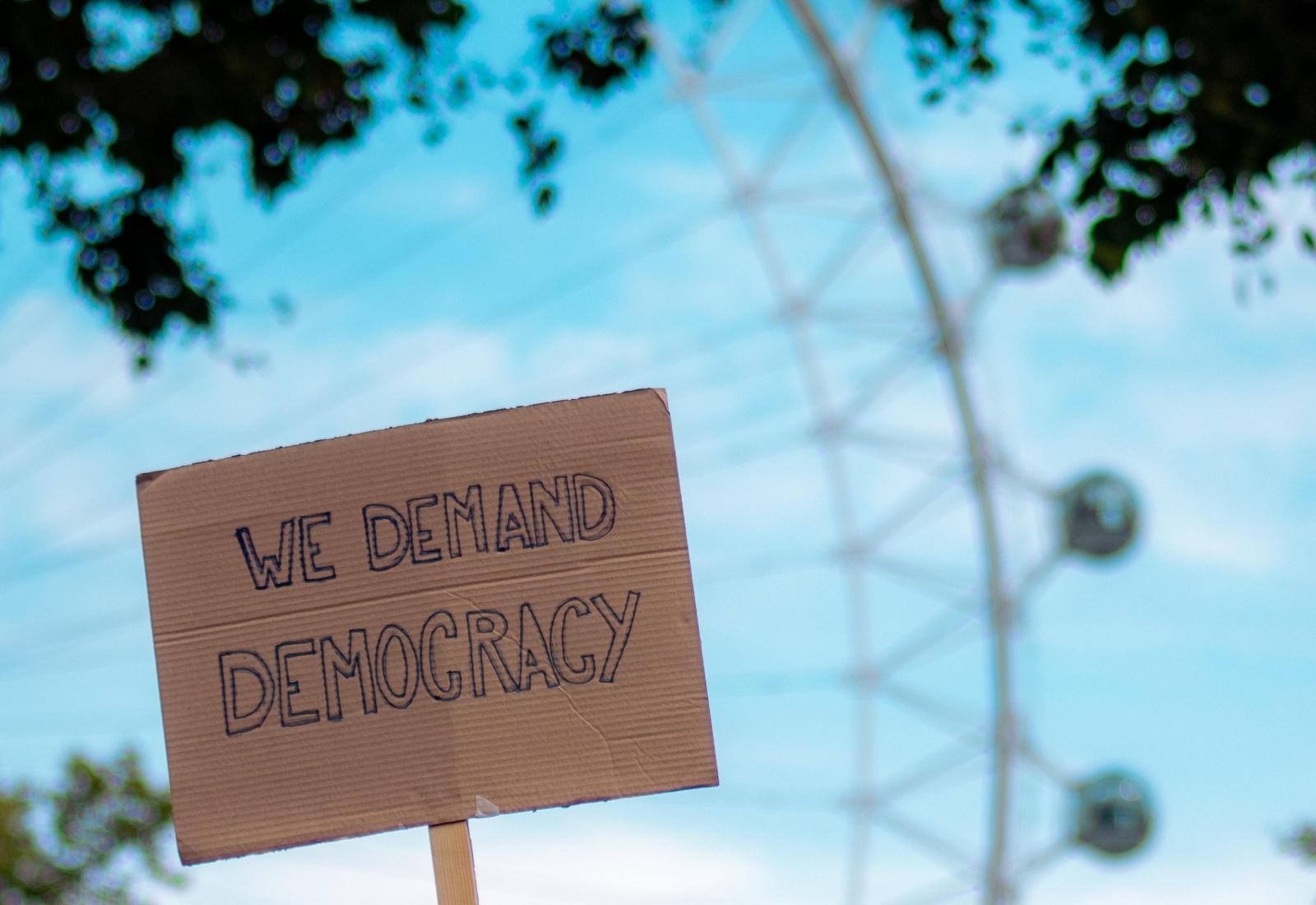
Some socialist ideas for responding to the COVID-19 crisis
Services and products for people in need are going to be a problem in the coming weeks. Supply chains are complex and some businesses along those chains will not be able to support production during this crisis -- or support the necessary ramp-up in production needed. To sustain production, the state is going to have to step-in and direct procurement and investment. As such, nationalized production should be on the table if it looks too complicated to coordinate the private sector to get the goods we need to the people that need them. Here is a list of recommendations outlining how socialists should be framing their demands during this time.









